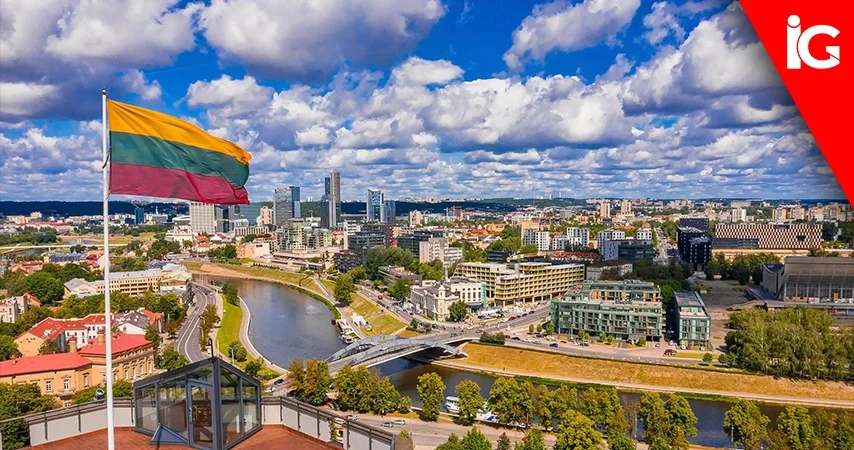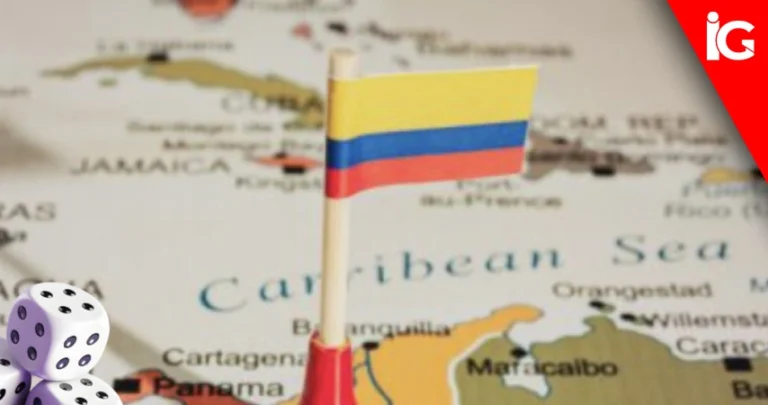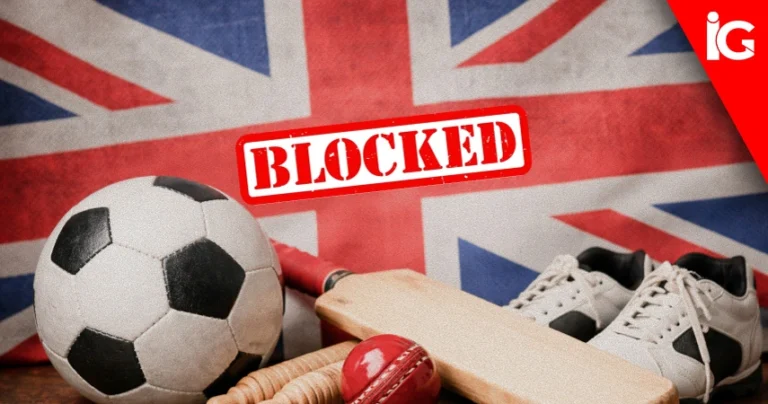Lithuania Tightens Gambling Rules Amid Record Growth

Lithuania’s gambling regulator, the Gaming Supervision Authority (LPT), has called for tighter oversight of a rapidly expanding iGaming market. Speaking to lawmakers this week, the authority highlighted record growth alongside mounting risks related to addiction and unlicensed operations. Over the past 15 years, Lithuania’s gross gambling revenue (GGR) has surged from €12.9 million in 2010 to €241.9 million in 2024, with online gambling accounting for nearly three-quarters of all activity.
However, the growth has been accompanied by a sharp increase in self-exclusion requests, reaching 16,354 applications in 2024. The LPT has responded with one of Europe’s strongest regulatory frameworks, a system that blocks illegal websites, freezes payments, enforces a whitelist of approved operators, and limits advertising and sponsorship. To date, more than 1,900 illegal gambling sites have been banned or withdrawn voluntarily.
Recent reforms have already reshaped the industry. From July, new advertising rules forced sports clubs and leagues to remove gambling trademarks from their names. Further restrictions are set for 2025 and 2026, including amendments to the Law on Gambling aimed at reducing the accessibility and harm caused by betting.
By May 2026, remote gambling operators must integrate with the national monitoring platform LAKIS, enabling real-time data sharing with regulators. Officials say these changes will strengthen transparency, protect consumers, and ensure a fairer competitive environment for licensed operators.
Lithuania’s comprehensive regulatory model could serve as a blueprint for other EU markets seeking to balance commercial growth with player safety.
Follow us on: LinkedIn, Twitter, Instagram







